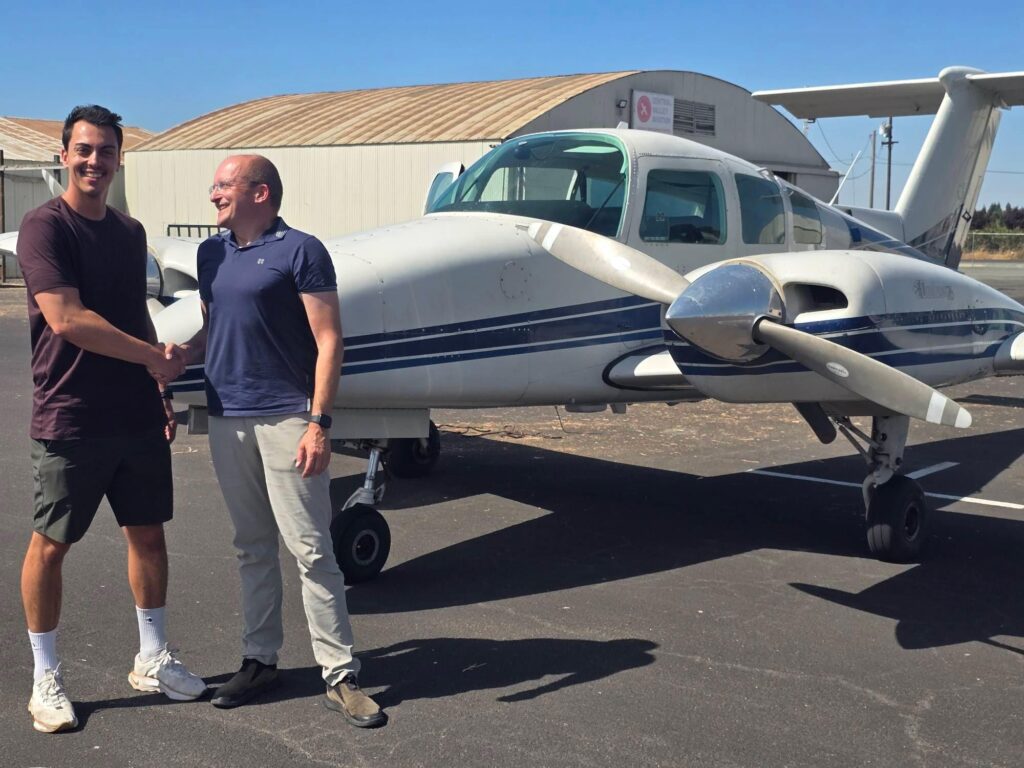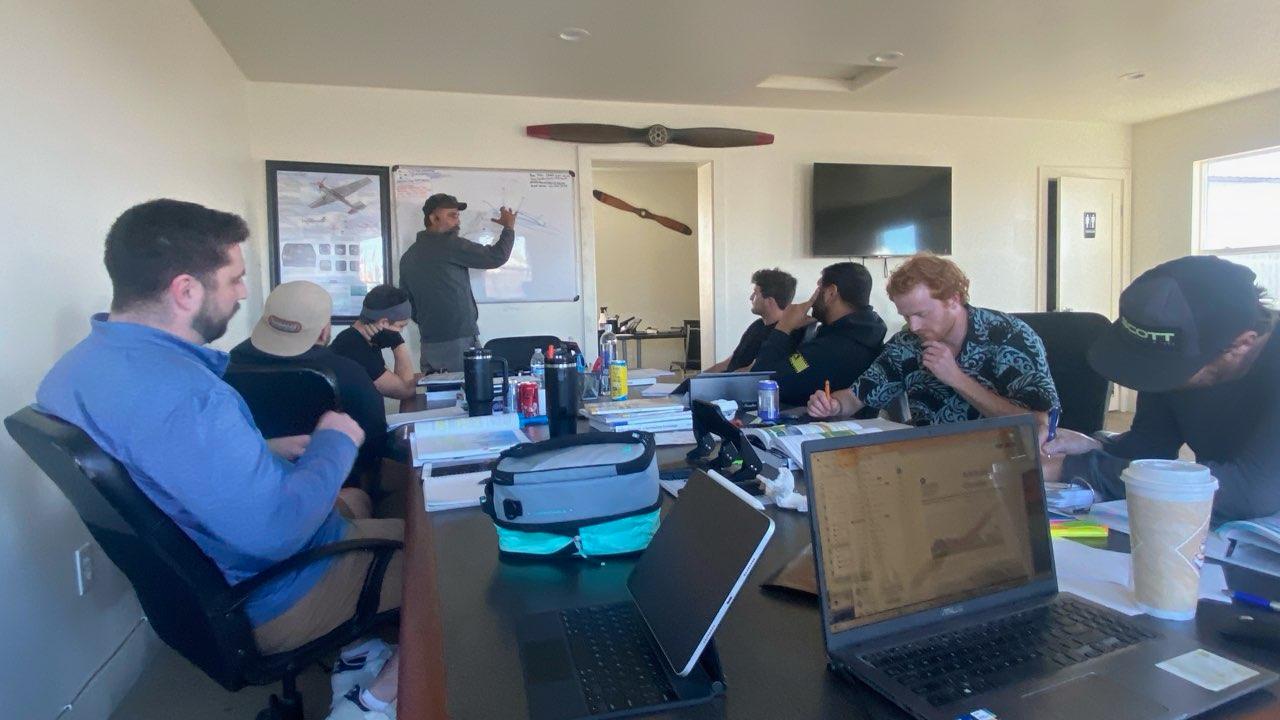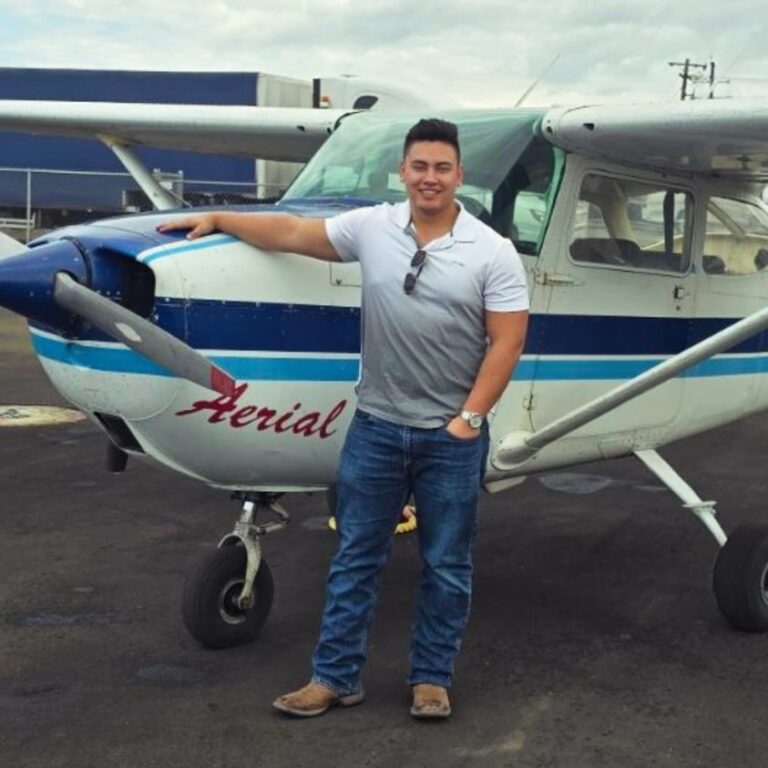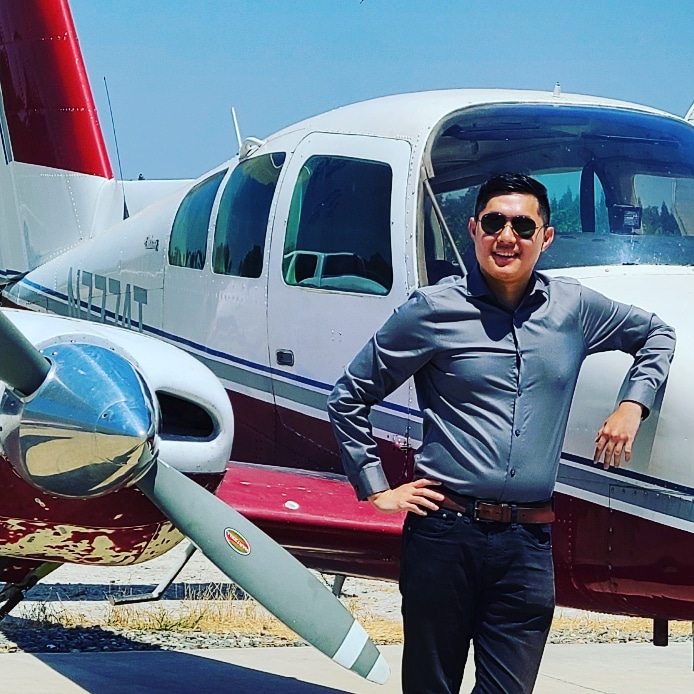Introduction
Flight instruction is more than just teaching people to fly—it’s a gateway to building hours, gaining experience, and launching a professional pilot career. But not all flight instructors are created equal in the eyes of employers. Whether you aim to work at a Part 141 flight school like CFI Academy, a regional flight training center, or a university aviation program, understanding what employers value can give you a competitive edge.
In this post, we’ll explore the top qualities, certifications, and skills flight schools look for, helping aspiring instructors prepare for success both in the cockpit and on the job market.
1. Strong Certifications: CFI, CFII, and MEI
Employers prioritize instructors with robust credentials. While a CFI (Certified Flight Instructor) certificate is the baseline, adding CFII (Instrument Instructor) or MEI (Multi-Engine Instructor) qualifications can make you far more marketable.
CFI (Certified Flight Instructor): Required to begin instructing. Employers look for candidates who have not only earned this certification but also demonstrate strong foundational skills.
CFII (Instrument Instructor): Instrument-rated instructors can teach IFR procedures, instrument approaches, and cloud flying—skills critical for student advancement.
MEI (Multi-Engine Instructor): Multi-engine instructors open the door to advanced flight schools, corporate flying, and airline feeder programs.
At CFI Academy, students can pursue CFI, CFII, and MEI in accelerated programs designed to prepare instructors to meet industry expectations quickly. (CFI Academy Training Programs)

2. Flight Experience and Logbook Management
Employers want to see more than hours—they want well-rounded experience. This includes:
Total flight hours and variety: Solo, dual, cross-country, night flying, and instrument time.
Consistency and currency: Recent flight experience indicates you are sharp and safe.
Accurate logbooks: Employers look for clean, well-documented flight logs. Errors or gaps can raise concerns about professionalism and reliability.
For students, building a structured flight plan and keeping meticulous records from day one improves employability.
3. Teaching Ability and Communication Skills
Flying skills alone won’t secure a long-term instructor role. Employers prioritize candidates who can:
Explain concepts clearly to diverse student backgrounds.
Adapt teaching methods to different learning styles.
Use structured lesson plans and anticipate common student challenges.
At CFI Academy, instructors train not only to fly but also to teach effectively. Students practice lesson delivery, flight briefings, and scenario-based instruction, ensuring they are workplace-ready. (CFI Academy Blog)
4. Professionalism and Safety Mindset
Safety is non-negotiable. Flight schools want instructors who:
Demonstrate risk management and decision-making skills.
Follow FAA regulations meticulously.
Model professional behavior in every interaction.
This includes punctuality, proper attire, positive attitude, and clear communication with students, staff, and examiners. Employers often ask about real-world examples of safety decision-making during interviews, so be prepared to discuss past scenarios.
5. Technical Knowledge and Adaptability
Flight instructors must have deep technical knowledge, including:
Aerodynamics, aircraft systems, and performance limitations.
Weather interpretation and flight planning.
Navigation and instrument procedures.
But knowledge isn’t enough. Employers value instructors who can adapt to new technology—glass cockpit systems, GPS navigation upgrades, and modern flight simulators. Staying current shows commitment to the profession.
6. Mentorship and Leadership Potential
Many employers view flight instructors as the first line of mentorship for students. Exceptional candidates:
Motivate and inspire students to achieve their goals.
Model professionalism that students emulate.
Can train or assist junior instructors when needed.
Leadership qualities not only improve your employability but also position you for future aviation careers, such as chief flight instructor or airline training roles.

7. Positive References and Track Record
Finally, a strong professional reputation matters. Employers look for:
Recommendations from previous flight instructors or flight schools.
Documented success stories, such as students who passed checkrides under your instruction.
A clean FAA record with no accidents or violations.
At CFI Academy, graduates leave with not only FAA credentials but also a portfolio of instructional experience, making them more attractive to potential employers.
How to Stand Out as a Flight Instructor
If you want to improve your chances of landing a top instructor role, consider:
Complete advanced certifications: CFII and MEI can differentiate you from other candidates.
Build diverse flight experience: Cross-country, night, and multi-engine time are all valuable.
Enhance your teaching skills: Practice scenario-based instruction and student engagement techniques.
Maintain professionalism and safety: Treat every flight as a real-world demonstration of your abilities.
Stay current with technology: Learn glass cockpit systems, GPS procedures, and FAA updates.
Seek mentorship and guidance: Experienced instructors can help refine your teaching style and career strategy.
Recommended Reading
Best Practices for Mentoring in Flight Instruction – an FAA publication
Conclusion
Flight schools are looking for instructors who combine certifications, experience, communication skills, and a strong safety mindset. By understanding what employers value—and training accordingly—you position yourself for a successful career in flight instruction.
At CFI Academy, we prepare aspiring instructors to meet these expectations with intensive, hands-on programs that build confidence in both flying and teaching. Whether your goal is to instruct full-time, build flight hours for an airline, or mentor the next generation of pilots, focusing on these employer priorities will make you stand out in the competitive aviation job market.







